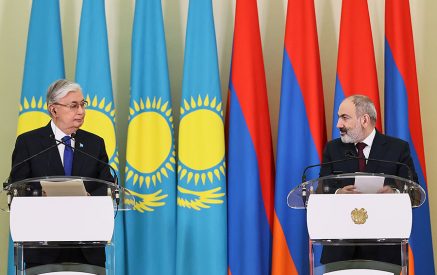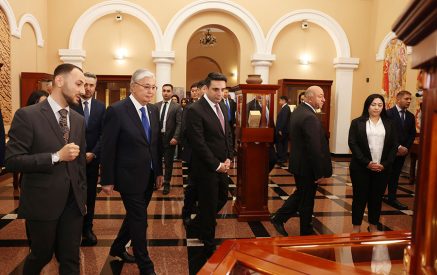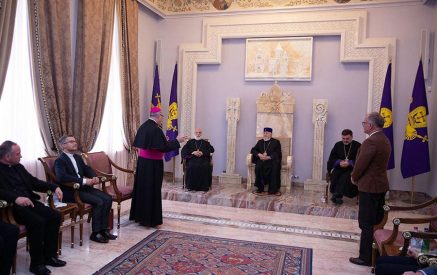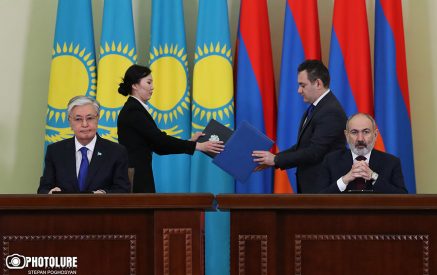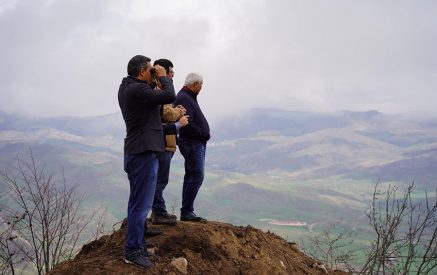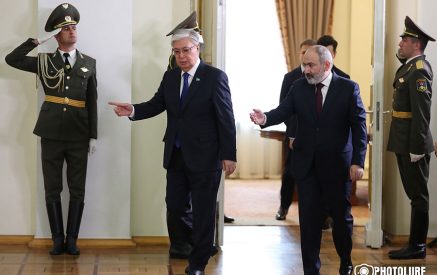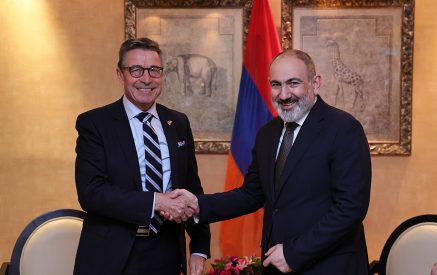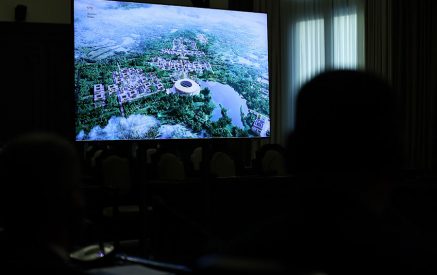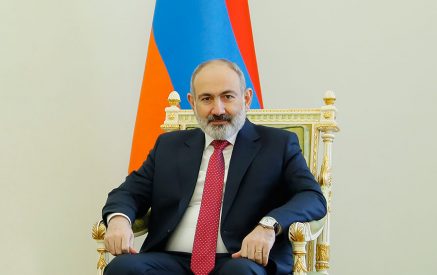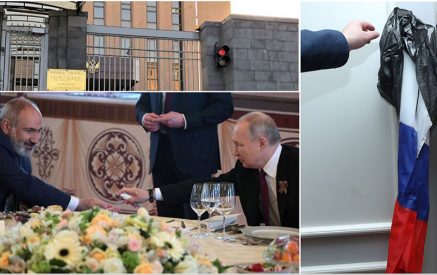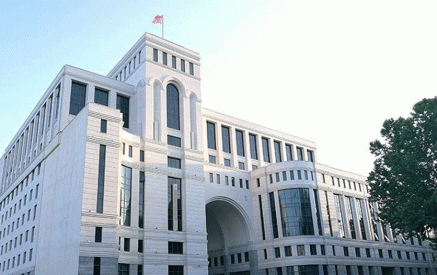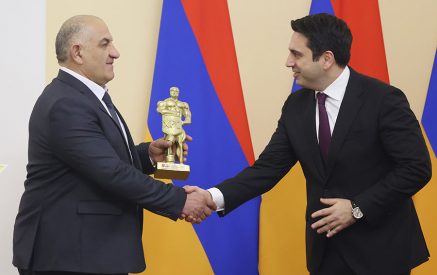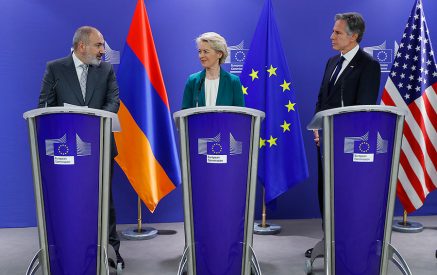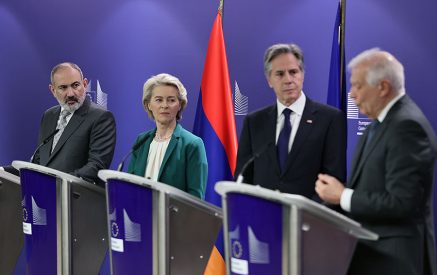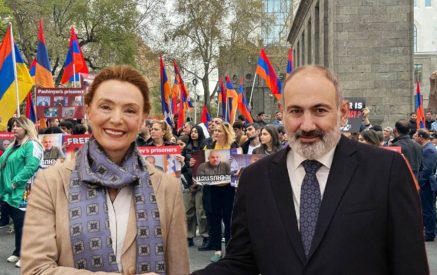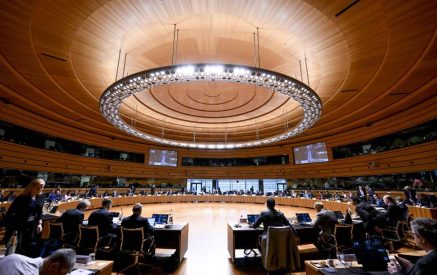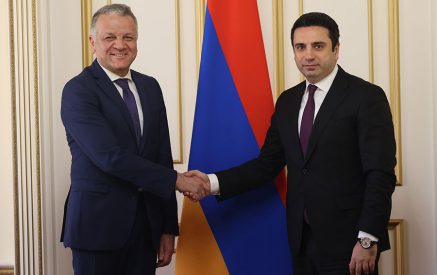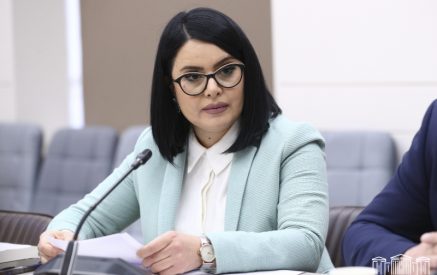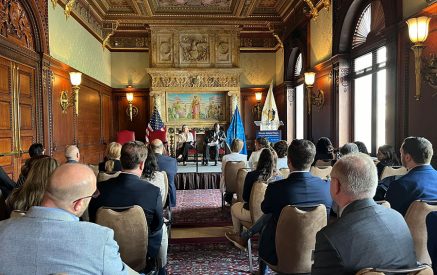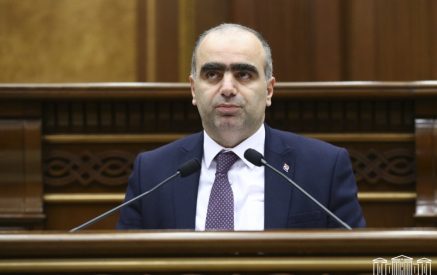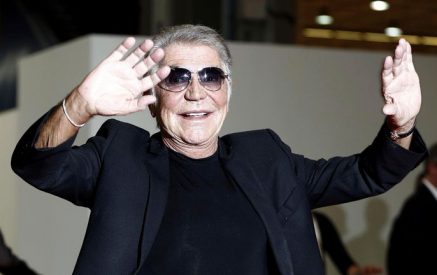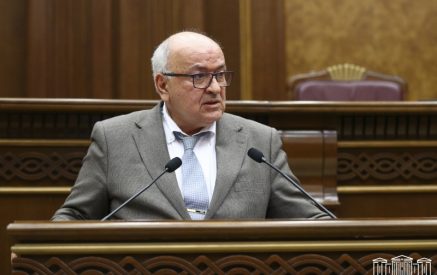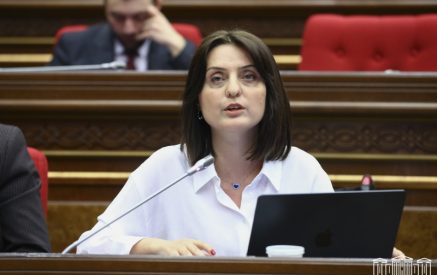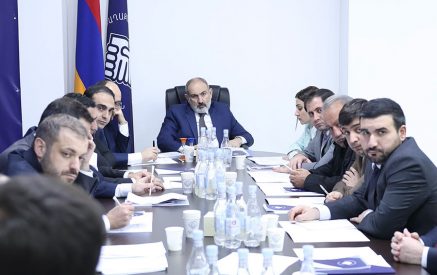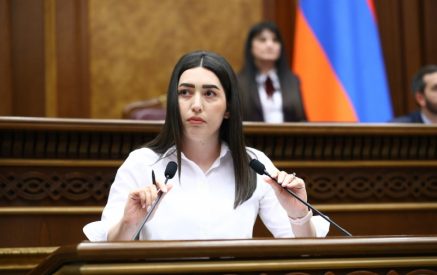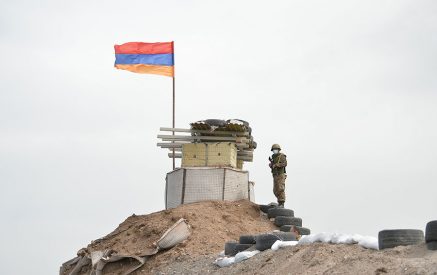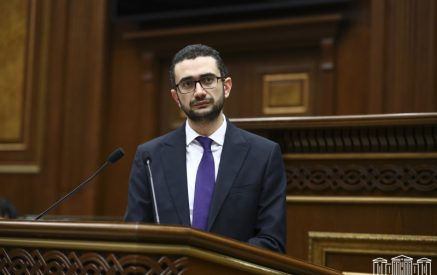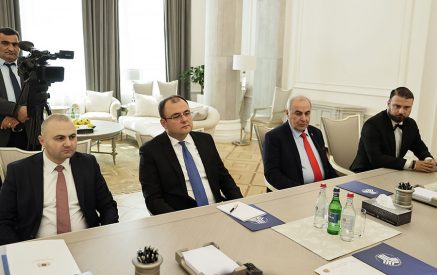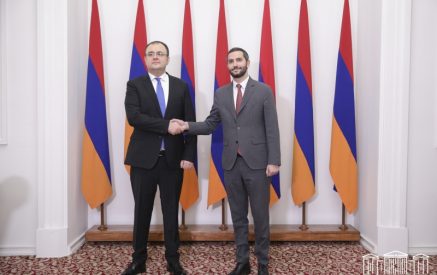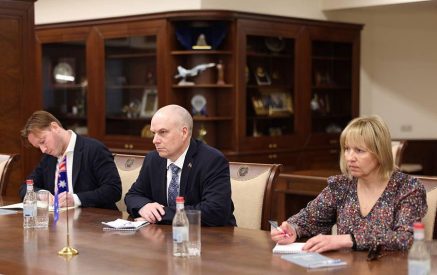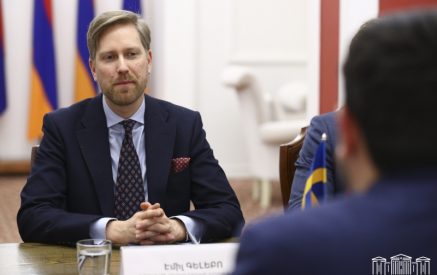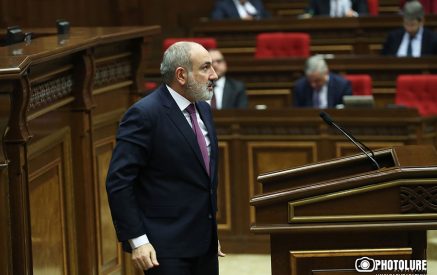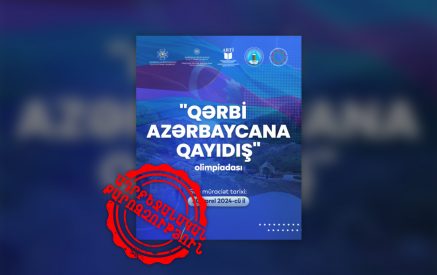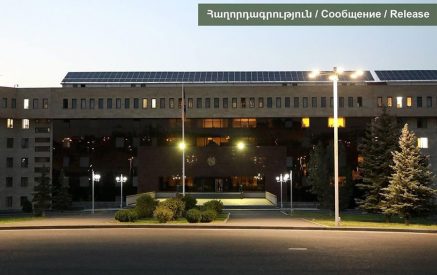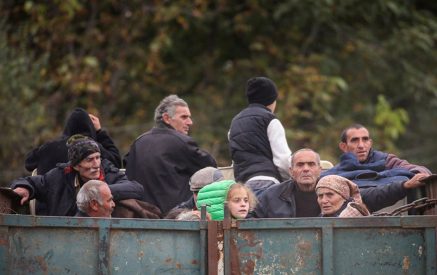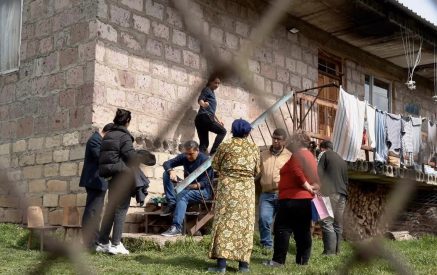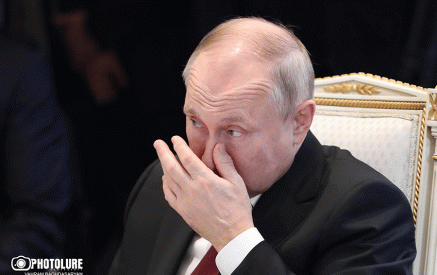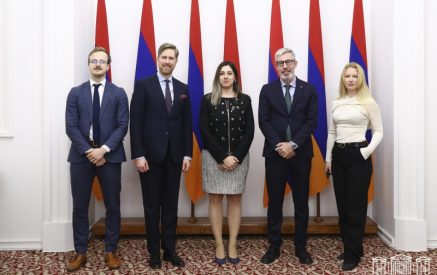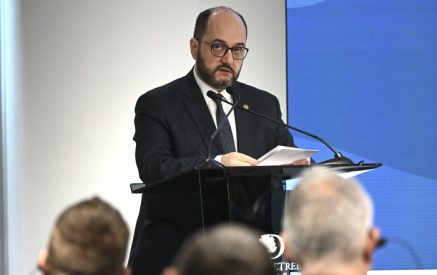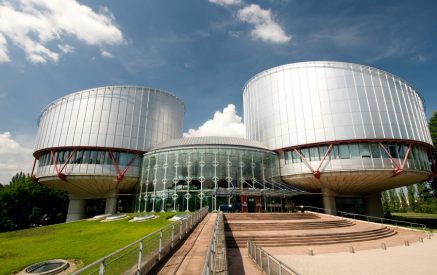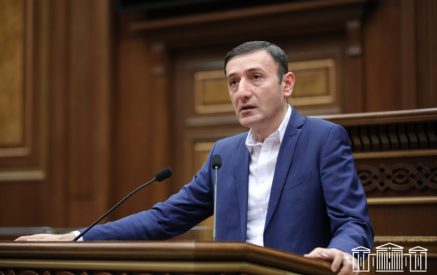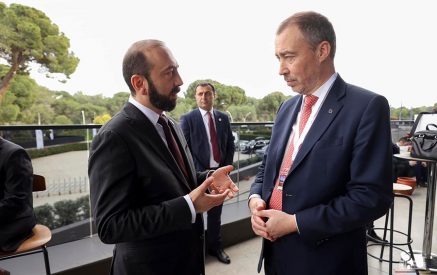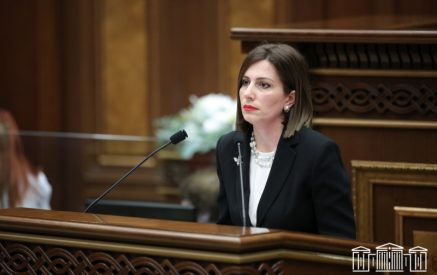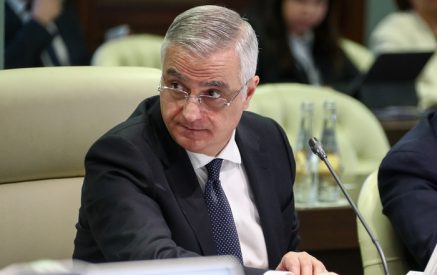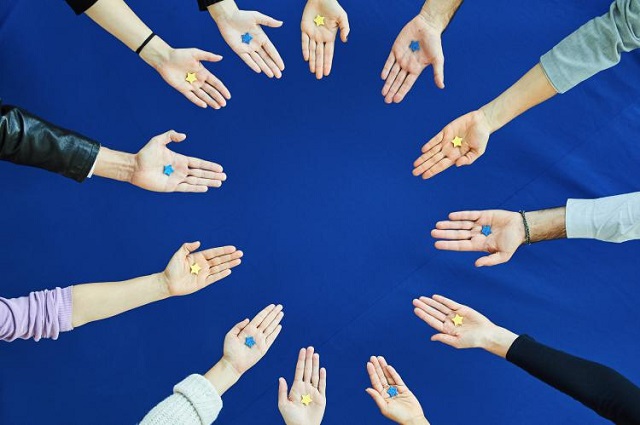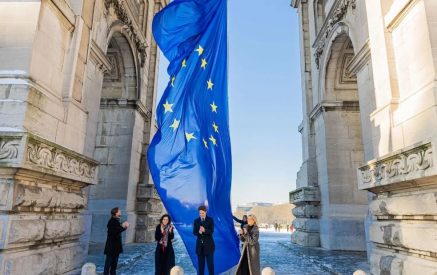On September 4th, the EU Delegation to the Council of Europe organised a well-attended online public event for the launch of the new EU priorities for the cooperation with the Council of Europe 2020-2022.
This timely event started with a presentation of the priorities followed by a brief presentation of the three main thematic annexes: human rights, rule of law and democracy. Our panel included a good mix of prominent speakers both from the EU and the Council of Europe. The subsequent discussion revealed concrete possibilities to further strengthen the cooperation between the two organisations.
In her opening remarks, EU Ambassador Meglena Kuneva stressed the need to discuss “a document of outmost importance for our Delegation”, i.e. the new EU priorities for the cooperation with the Council of Europe 2020-2022. The Ambassador reaffirmed that the new priorities constituted the guiding principles of EU’s actions, reflecting our common values and goals with the Council of Europe, driving our work for the next two years and a half. She also highlighted the significance of a strong multilateral cooperation at a regional level to address the consequences of the pandemic.
Ellis Mathews presented the new priorities as a landmark for EU-Council of Europe cooperation in the areas of democracy, human rights and the rule of law. He reaffirmed EU’s strong commitment to promote the highest level of human rights protection, to ensure the proper functioning of the Rule of Law across the continent and to uphold democracy both within Europe and in its wider neighbourhood. In the view of those shared values, the Council of Europe is seen as providing a comprehensive and complementary platform to achieve these objectives. In doing so, he reasserted Council of Europe’s central role in the areas of Human Rights, Rule of Law and Democracy, as well as its extensive experience and widely recognised expertise. He stressed that the EU was regularly using Council of Europe’s monitoring bodies’ work as a point of reference. Regarding the challenges posed by COVID-19, he stressed that both organisations managed to modify their common projects in order to adapt to this new reality whilst preserving their core shared values. Moreover, he highlighted the importance of the newly adopted priorities for the EU’s enlargement and neighbourhood policies.
Read also
EU-Council of Europe’s cooperation on human rights, democracy and rule of law were presented respectively by Luisa Ragher, Patrick Costello and Niovi Ringou. Luisa Ragher highlighted the timeliness of the adoption of the priorities regarding the new challenges arising from the pandemic. In that sense, she stressed the impact of the COVID-19 on human rights, such as the rise of gender-based violence, inequalities, discrimination, the shrinking of freedom of expression and association, as well as the silencing of journalists. She also reaffirmed the importance to reinforce multilateral cooperation in all of these areas. She presented EU’s accession to the European Convention of Human Right as one of the key priority for the next two years, along with the adoption of new policy tools aimed at facilitating EU and Council of Europe’s cooperation and synergies in areas such as artificial intelligence the asylum and migration policy, the protection of children against sexual abuse, the protection of journalists, human rights defenders, and civil society.
Patrick Costello stressed that the threats to democracy have been exacerbated by the pandemic. According to him, “those values should not be taken for granted”. He reaffirmed the priority of the right to health but also stressed the need to have necessary, proportionate and time-limited measures in order to avoid authoritarianism. Moreover, he highlighted the importance of the work of the Venice Commission, underlined the complementarity of both institutions and highlighted the standard setting work of the Council of Europe through the European Court of Human Rights. Thus, he stated: “Thematic cooperation for democracy and Human Rights protection is the guiding thread of our partnership with the Council of Europe. Curbing disinformation, tackling Artificial Intelligence and environmental threats, promoting a rule of law culture along with the Group of States against Corruption (GRECO) and the Venice Commission are among our main joint goals”.
As for Niovi Ringou, she stressed the long and fruitful history of cooperation between the EU and the Council of Europe in the field of Rule of Law. She stated that the European Commission relied on the Council of Europe’s expertise, notably through the European Court of Human Rights, the Venice Commission, GRECO, the Commissioner for Human right and the Parliamentary Assembly of the Council of Europe (PACE). She announced the adoption by the European Commission of the first annual report on Rule of Law, including developments in the justice system, anti-corruption and media pluralism. Moreover, she reiterated EU’s commitment to pursue cooperation with neighbourhood countries in the framework of the Council of Europe and the Eastern partnership.
Christos Giakoumopoulos and Snežana Samardžić-Marković, addressed EU priorities viewed from the Council of Europe’s side. They both presented the priorities as the most ambitious and comprehensive document of cooperation between both institutions. Christos Giakoumopoulos underlined the importance of referring to the CoE as a standard-setter in the field of Human Rights, Rule of Law and Democracy and described the EU as a strategic partner in internal and external policies. Moreover, he referred to numerous areas of cooperation in the field of Human Rights, such as the European Convention on Human Rights’ accession, freedom of expression, Artificial Intelligence and data protection, bioethics, migration and detention under newly adopted prison rules. Regarding the upcoming perspectives, he stressed that the environment was high on the agenda of both the Council of Europe and the EU, as well as social rights and the Rule of Law mechanism. Snežana Samardžić-Marković also stressed the timeliness of this discussion and the importance of joining forces. She mentioned the 25th anniversary of the joint programmes with the EU on the education sector and stressed the importance of explaining to the young generation that democracy should not be taken for granted. She also emphasized the Youth Partnership as a top priority, as well as the importance of involving children in the formulation of Council of Europe’s instruments. “Democratic culture and digital citizenship education are at the core of Council of Europe’s work on education”. Finally, she stressed the threat to civil society and freedom of expression and reaffirmed the need for the civil society to participate in the democratic process.
Verena Taylor presented EU-Council of Europe’s Joint Programmes as an essential tool to implement the priorities. She highlighted numerous multilateral and thematic programmes of cooperation such as the programme HELP or the Youth Partnership. “EU-Council of Europe facilities help innovate in order to offer a rapid response to Human Rights and Rule of Law challenges faced by Council of Europe’s Member States”. She also reaffirmed the importance of the cooperation in the field of the Rule of Law and called for the strengthening of the EU-Council of Europe’s cooperation in areas such as violence against women, human trafficking, environment, education and EU neighbourhood. “Our enlargement and neighbourhood policies are a component of the cooperation framework with the Council of Europe. Our joint programs are meant to address sustainable justice reform, fight against corruption, support for free media and a strong civil society”, she stated. Finally, Ambassador Panayiotis Beglitis highlighted the next steps in the implementation of the newly adopted priorities as regard to the Greek’s Chairmanship. As Ellis Mathews rightly described, the priorities are “a compass for the future”.
European Union

